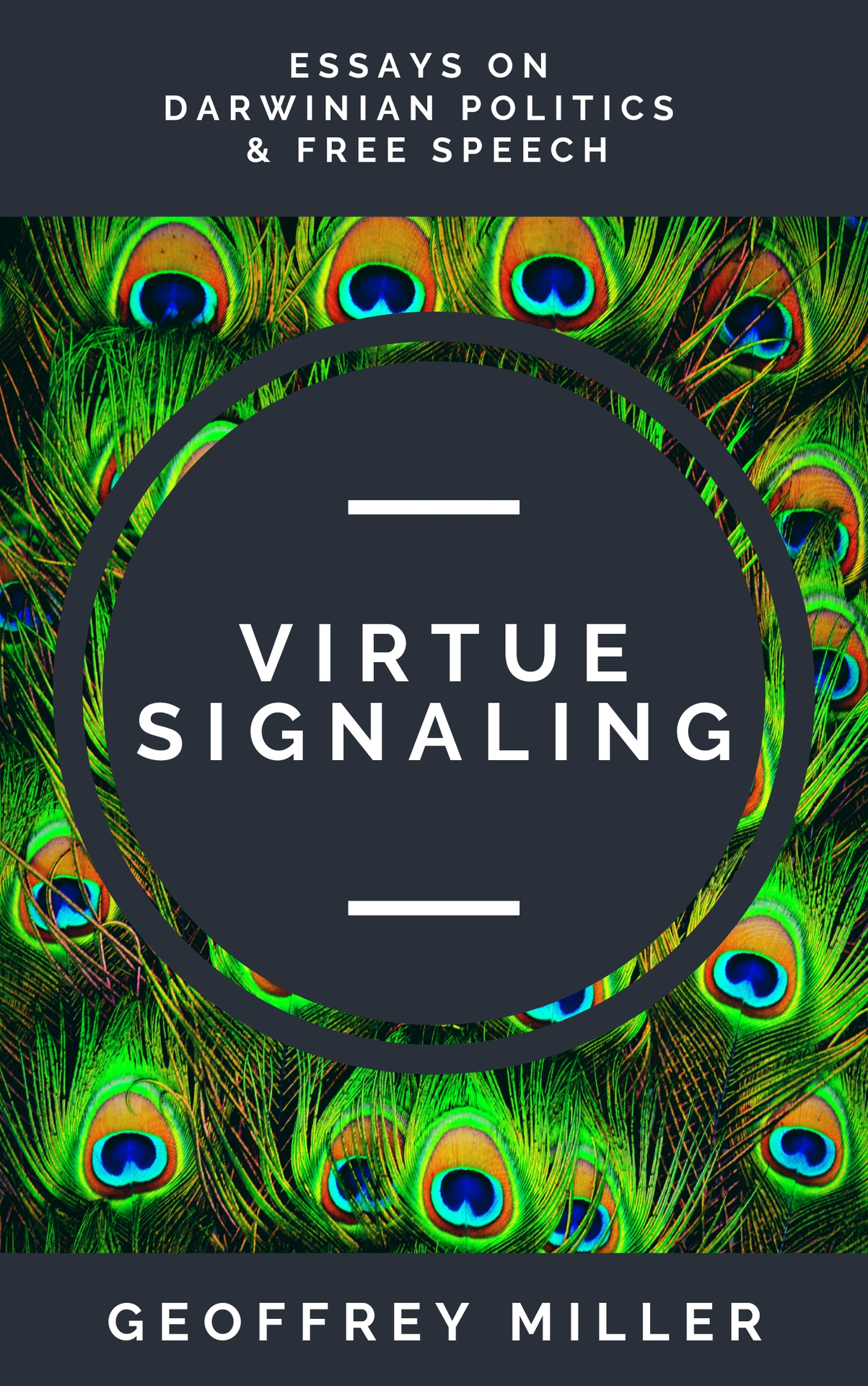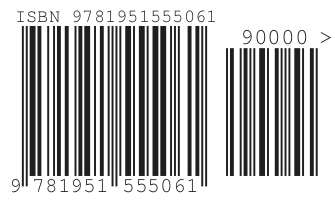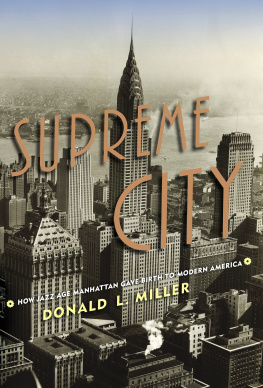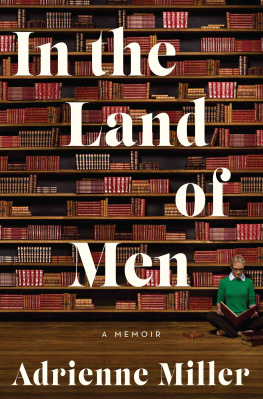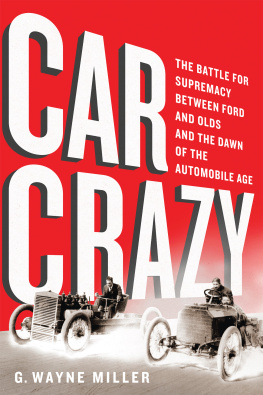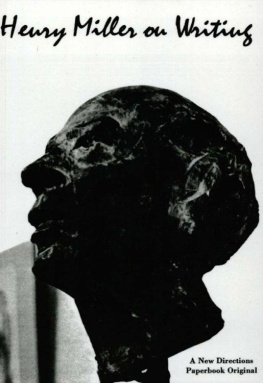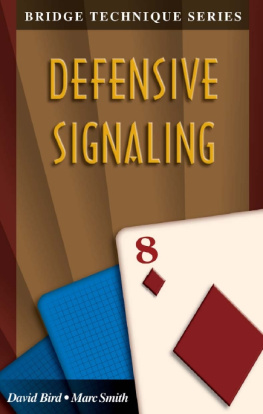Virtue Signaling: Essays on Darwinian Politics and Free Speech
Geoffrey Miller
Published by Cambrian Moon
Copyright 2019 Geoffrey Miller
ISBN: 978-1-951555-06-1
Cover art: Rhbabiak13 (Dreamstime.com, ID 55620000)
Virtue Signaling: Essays on Darwinian Politics and Free Speech
Preface
We all virtue signal. I virtue signal; you virtue signal; we virtue signal.
And those guys over there, in that political tribe we dont like they especially virtue signal. (Just as they believe that we do.)
Lets not pretend otherwise. We are humans, and humans love to show off our moral virtues, ethical principles, religious convictions, political attitudes, and lifestyle choices to other humans. We have virtue signaled ever since prehistoric big-game hunters shared meat with the hungry folks in their clan, or cared for kids who werent their own. Our descendants will continue to virtue signal to each other in Mars colonies, and on spaceships heading for other star systems. As humans colonize the galaxy, virtue signaling will colonize the galaxy.
The phrase virtue signaling only became popular in the 2016 American election. Yet virtue signaling goes back millions of years, to the origins of human morality. And Ive had a love/hate relationship with virtue signaling ever since high school.
I was a precociously political kid. My parents talked a lot about politics around the dinner table. My dad was a lawyer whod studied the classics of Western Civilization at Columbia University (where I also went). He was fascinated by military history, and by the ideological conflict between communism and capitalism. My mom ran the local League of Women Voters while her two kids were off at school she moderated local political debates, promoted voter registration, and published objective information about issues and candidates.
Both of my parents were pragmatic, anti-partisan centrists. They embodied the best of the middle-class civic virtues. They often cancelled out each others votes in elections, but they took for granted that every American has a duty to vote, in every election, in an informed and rational way. Political issues were things to research and discuss, and to act upon through local committee work rather than things to signal about in public.
My parents didnt have political bumper stickers on their car. They didnt get into political debates around the Thanksgiving dinner table with my moms eleven brothers and sisters (whose views spanned a wide spectrum). They didnt have social media. Instead, they quietly helped to change zoning laws, restore local landmarks, and pass bond issues. Despite their differing views on many issues, they cooperated effectively on shared interests, discussing values, realities, strategies, and tactics in ways that my brother and I could witness. In many ways, they were the ideal role models for how to be effective, principled citizens without virtue signaling about their political ideas.
Given this background, I was shocked by the virtue signaling I saw in high school. It was the early 80s, the early Reagan era. Id read hundreds of science fiction books since 5th grade, and thought a lot about alternative possible futures. Id formed two foundational political convictions by 10th grade:
The freedom is good conviction led me to join the libertarian Young Americans for Freedom (YAF) student group, and to join Student Congress, to fight for freedom of speech for the high school newspaper and other student publications. (Although Ive always been an rather introverted nerd, I felt comfortable taking leadership positions in student groups, doing public speaking, and challenging authority.)
The nuclear war is bad conviction led me to despair over adults apparent obliviousness to this existential threat, and over their focus on the transient political fads of the day. By 11th grade, I felt that our country was in the hands of grown-ups who made a lot of political noise about issues they knew nothing about. If the phrase virtue signaling had been around then, I would have used it. A lot.
In college, the virtue signaling intensified. Reagan was re-elected during my sophomore year at Columbia University. I was distressed at the time, since I didnt trust him to avoid a nuclear first strike. But I didnt catastrophize about his influence on domestic issues the way that other students did. To them, the old actors landslide win over Walter Mondale and Geraldine Ferraro meant that America was on the royal road to sexism, patriarchy, homophobia, plutocracy, fascism, and war against the Soviet Union and/or China. This Reagan Derangement Syndrome was a precursor to todays Trump Derangement Syndrome. Every dorm room seemed to sport decals and posters proclaiming allegiance to abortion rights, Greenpeace, Che Guevara, We can do it (the feminist Rosie the Riveter icon), and Act Up (an early 80s gay mens anti-AIDS group). Conservative views were conspicuously absent although I knew there were plenty of conservative students writing for the Columbia Daily Spectator newspaper (including future Supreme Court Justice Neil Gorsuch, who was a year behind me). When seminar discussions took a political turn, I was usually the only student to express libertarian views favoring free speech or free markets.
The Columbia core curriculum gave an excellent introduction to the great books of Western Civilization, including key political works by Plato, Aristotle, Machiavelli, Hobbes, Locke, Hume, Smith, Rousseau, Kant, Mill, Marx, and Rawls. I also took courses on Japanese political history, Ezra Pounds authoritarian-adjacent poetry, Heideggers existential politics, and anything else that seemed illuminating. After I started majoring in psychology, I learned more about the cognitive and social bases of political behavior.
Then, at grad school at Stanford, I learned more about the psychology of virtue signaling from various women I was dating. After I got converted to evolutionary psychology, I realized that being a shameless Darwinian was a social and sexual handicap. I dated a few women doing their PhDs in various fields, from sociolinguistics to German studies to evolutionary genetics. I attended womens rights rallies with them, but that counted for nothing given my Darwinism. I wrote letters to local papers against the War on Drugs, and got in trouble with my head of department for it, but that counted for nothing given that my libertarianism was often confused with reactionary conservativism. I collaborated with a female professor on research about Social Dominance Orientation and its relationship to conservative ideologies, but that counted for nothing given that I believed the roots of dominance were more biological than cultural.
In each case, these brilliant and otherwise open-minded women showed a visceral disgust at evolutionary reasoning applied in any way to the study of human nature. They assumed that evolutionary psychology was morally equivalent to Nazi eugenics. I learned that if I didnt signal my defense of the Blank Slate doctrine about human nature, nothing else that I did politically counted for anything. If I wasnt virtue signaling that I was in the right partisan tribe, I was assumed to be in the wrong tribe.
Ever since grad school, Ive been fascinated by moral hypocrisy as a hallmark of virtue signaling. People say they believe passionately in issue X, but they dont bother to do anything real to support X. That kind of behavior seemed highly diagnostic of hypocritical signaling, and hypocritical signaling is bad, because hypocrisy is always bad. Case closed.

